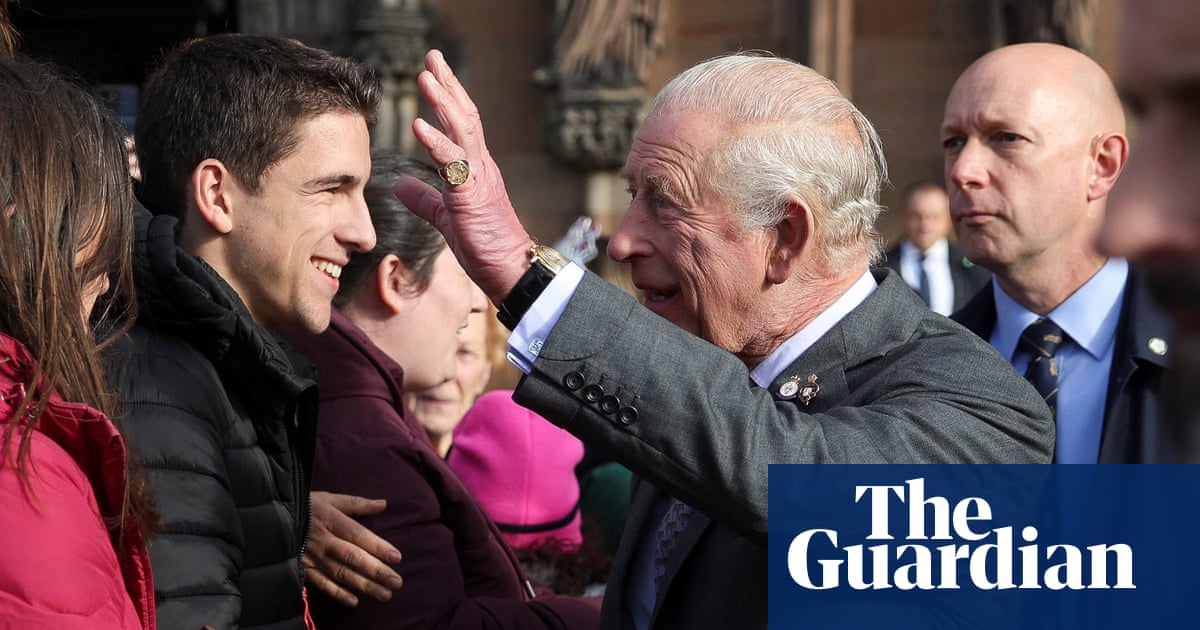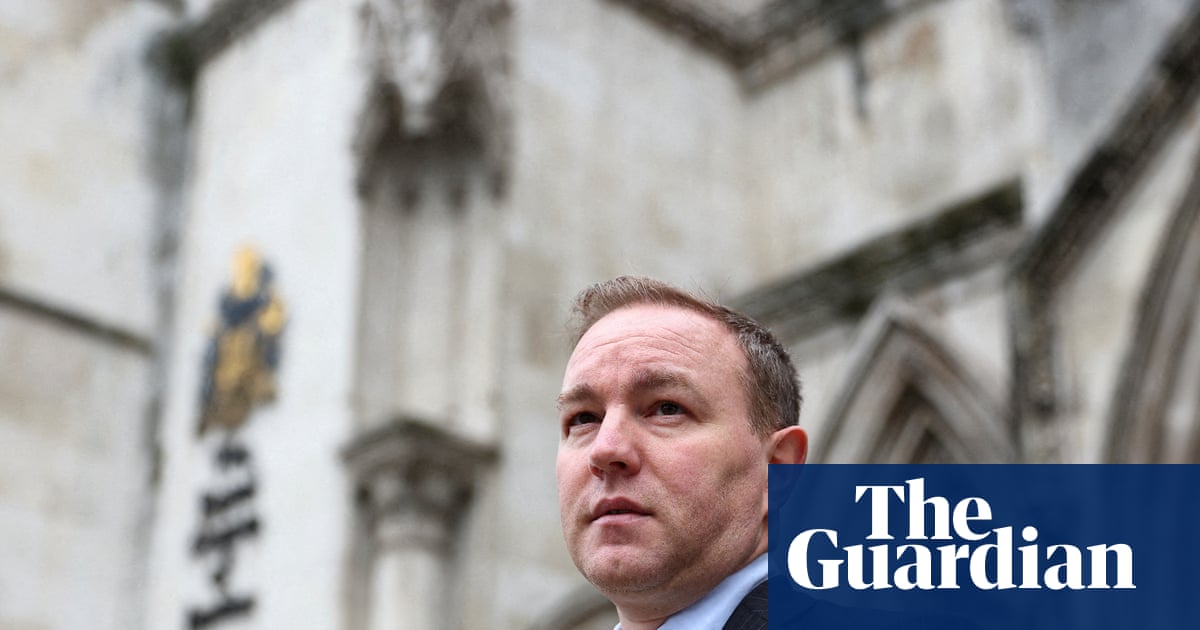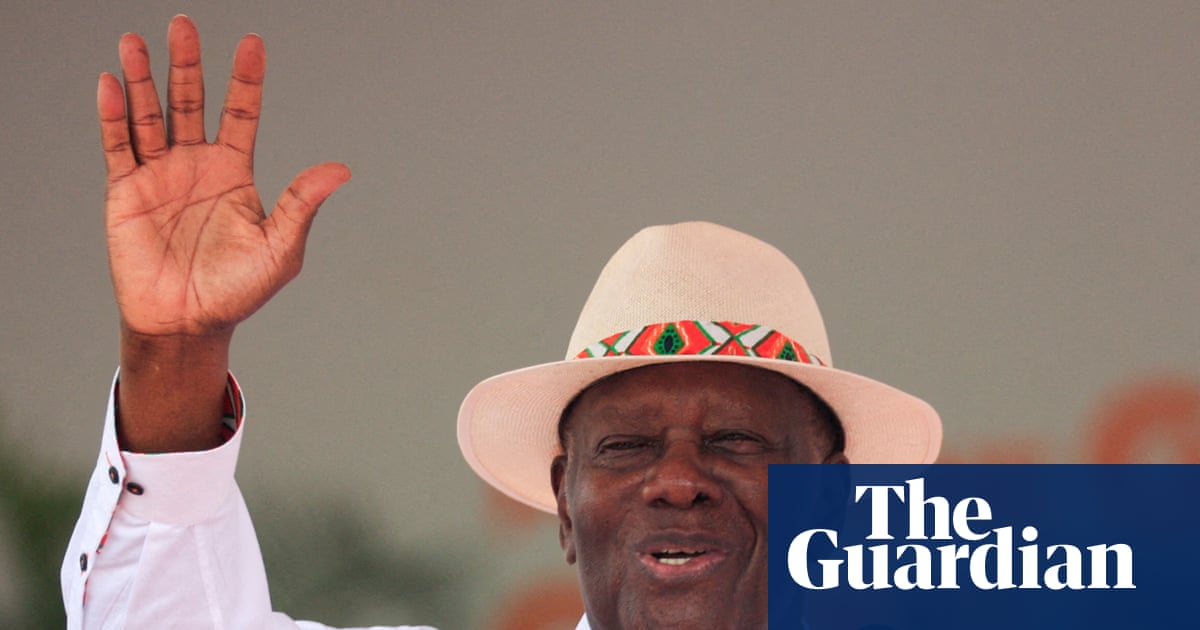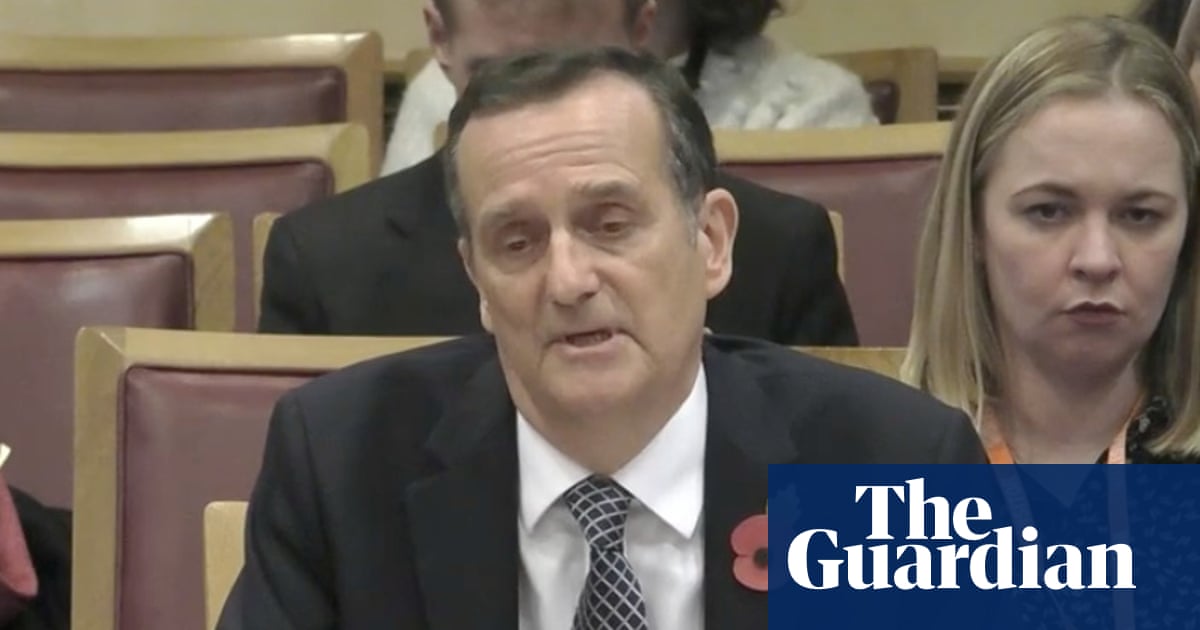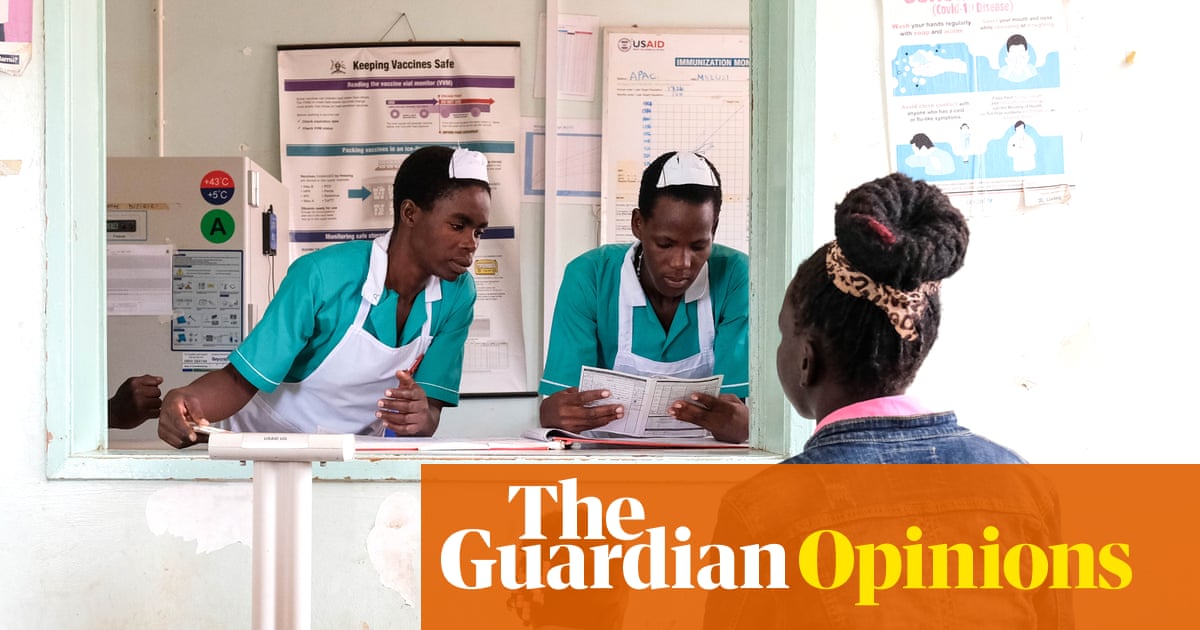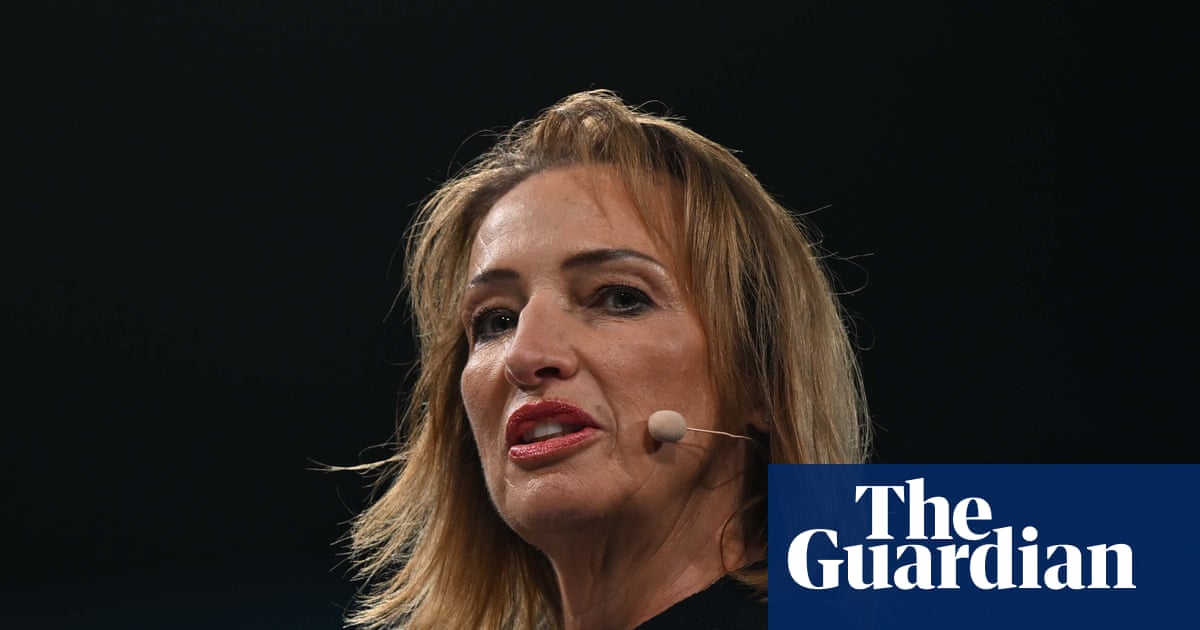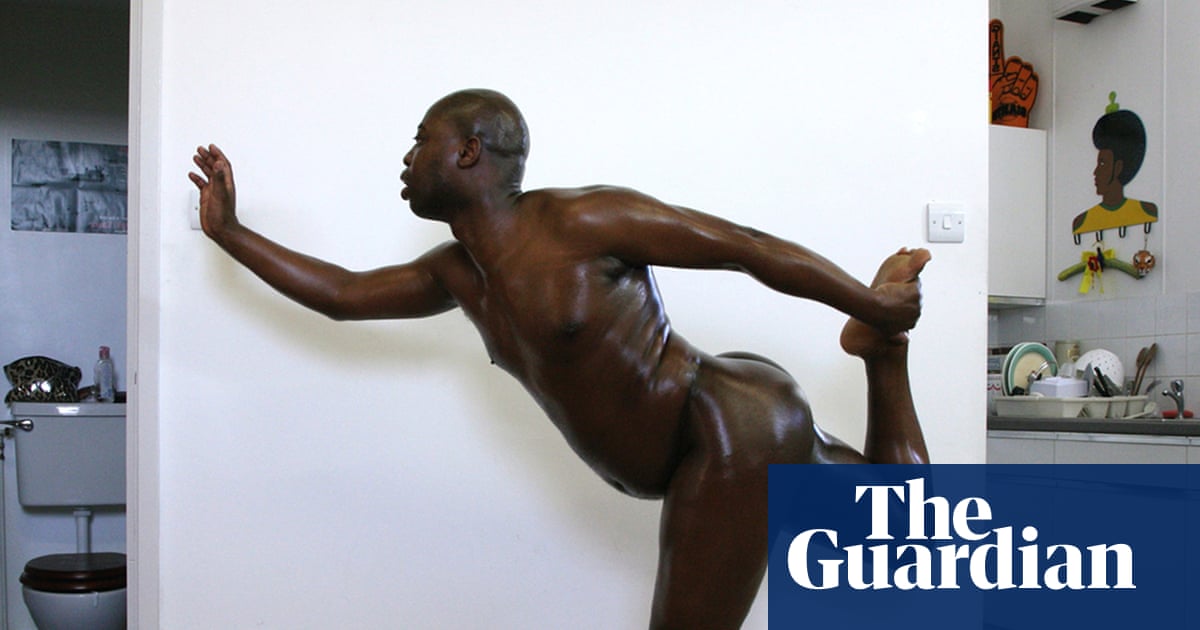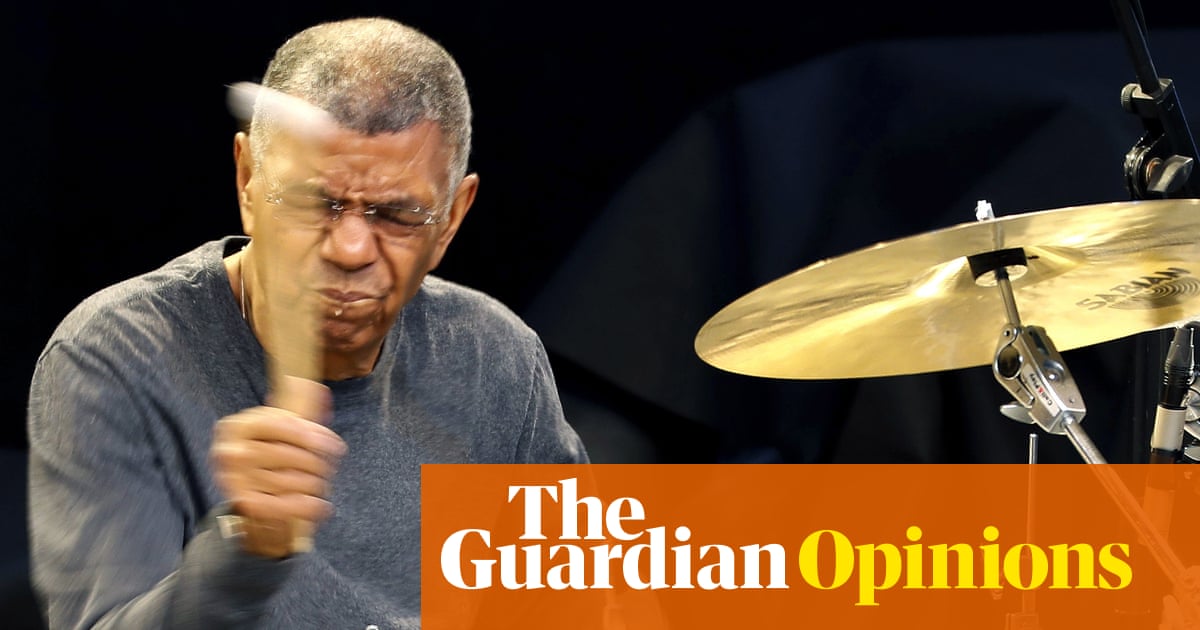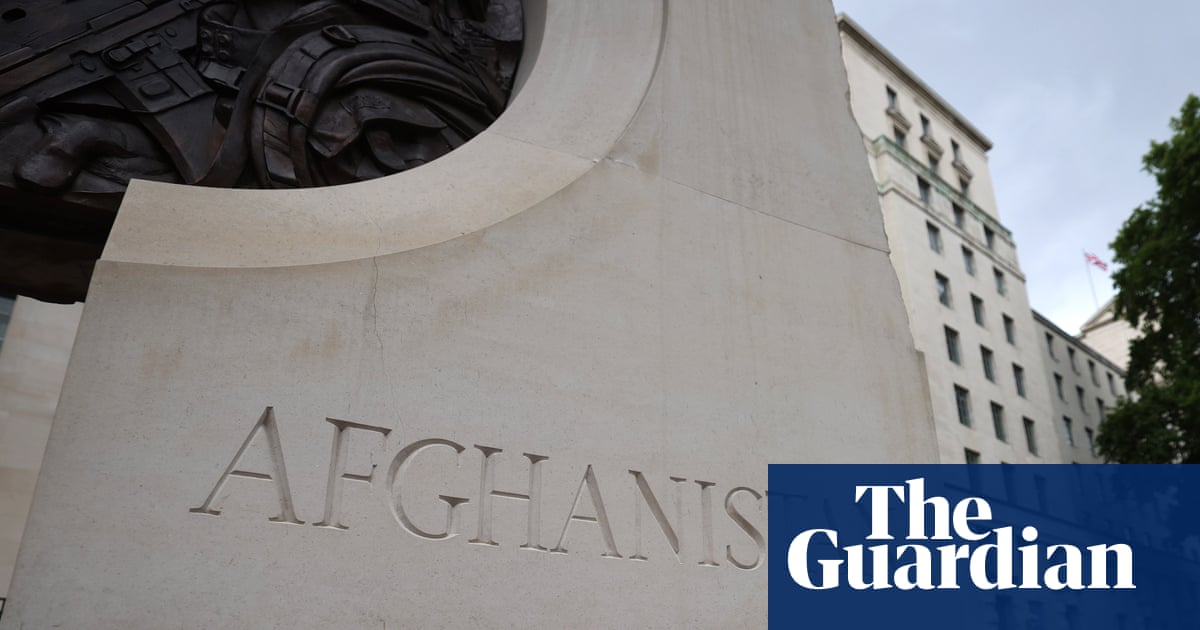Russia has committed flagrant and unprecedented abuses of human rights since it invaded Ukraine in 2014, including extrajudicial killings, sexual violence and forced labour, the European court of human rights has found.
The court’s grand chamber unanimously held that between 11 May 2014 and 16 September 2022, when Russia ceased to be a party to the European convention on human rights it had committed “manifestly unlawful conduct … on a massive scale”.
Pro-Russia armed groups entered the Donetsk and Luhansk regions of eastern Ukraine in 2014 and Russia began its full-scale invasion of Ukraine on 24 February 2022.
In its judgment, published on Wednesday, the court said there was evidence of widespread and systemic use of sexual violence, accompanied by acts of torture, such as beatings, strangling or electric shocks. Civilians and prisoners of war were subjected to mock executions, the severing of body parts and electric shocks, including to intimate areas of their bodies, the court said.
Finding repeated violations of the convention, many of which had taken place over a period of more than eight years, the court said: “These actions seek to undermine the very fabric of the democracy on which the Council of Europe and its member states are founded by their destruction of individual freedoms, their suppression of political liberties and their blatant disregard for the rule of law.
“In none of the conflicts previously before the court has there been such near universal condemnation of the ‘flagrant’ disregard by the respondent state for the foundations of the international legal order established after the second world war.”
Ukraine hailed the judgment as “historic and unprecedented”, saying it was an “undeniable victory”. Russia did not participate in the proceedings and said it would ignore the judgment.
Violations identified by the court included:
-
Indiscriminate military attacks.
-
Summary executions of civilians and Ukrainian military personnel.
-
Torture, including the use of rape as a weapon of war.
-
Unlawful and arbitrary detention of civilians.
-
Unjustified displacement and transfer of civilians.
-
Intimidation, harassment and persecution of all religious groups other than adherents of the historically Moscow-aligned Ukrainian Orthodox church.
-
Intimidation and violence against journalists and new laws prohibiting and penalising the dissemination of information in support of Ukraine.
-
Forcible dispersal by the Russian military of peaceful protests in occupied towns and cities.
-
Destruction, looting and expropriation of property.
-
Suppression of the Ukrainian language in schools and indoctrination of Ukrainian schoolchildren.
-
Transfer to Russia, and in many cases, the adoption there of Ukrainian children.
The court said: “The prevalence of sexual violence and rape by Russian soldiers in occupied territory is especially abhorrent. The evidence shows the extreme violence of the circumstances in which women were raped or sexually assaulted and the intent to terrorise, humiliate and debase them … In addition to the impact on the direct victims, the raping of women and girls in the context of an armed conflict has also been described as a means for the aggressor to symbolically and physically humiliate the defeated men.
“Rape or the threat of rape is also used to drive communities off lands or to heighten terror during attacks. The evidence also attests to the horrific sexual violence frequently perpetrated upon male detainees. The sexual abuse, torture and mutilation of male detainees is often carried out to attack and destroy their sense of masculinity or manhood.”
after newsletter promotion
The judges said that sexual violence and rape were deployed in Ukraine after the February 2022 invasion “as part of a military strategy to dehumanise, humiliate and break the morale of the Ukrainian population, as individuals and as a community, and to assert dominance over Ukrainian sovereign territory”.
The court will decide on whether to order compensation at a later date. However, Russia has previously told the court of its intention not to enforce judgments or pay damages.
A total of 26 signatory states to the convention intervened as third parties in the case and expressed their support for making Russia accountable for violations of human rights arising from its invasion of Ukraine.
The court also found that the shooting down of flight MH17 using a missile supplied and transported to eastern Ukraine by the Russian Federation, resulting in the deaths of all 298 civilians onboard, was in breach of the convention.

 3 months ago
45
3 months ago
45
